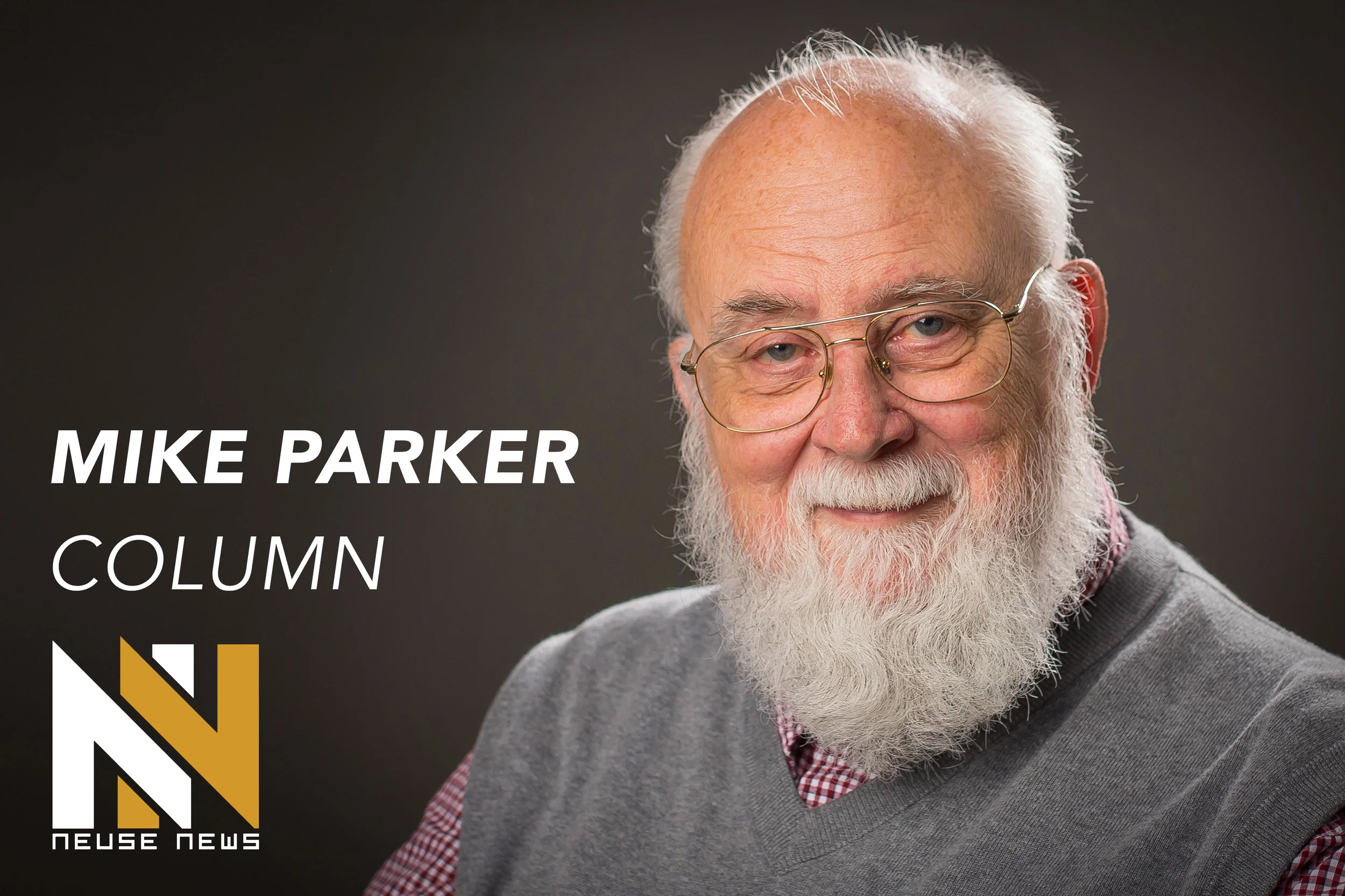Mike Parker: ‘Opinion Poll’ often reflects bias, not search for information
I usually never answer calls when my caller ID says “No Name,” “Unknown” or just lists a city and state. I generally avoid calls from numbers that begin with 800 or 866 because I know I am going to encounter a robocall about some “vacation package” or some solicitor thanking me for past support and asking me for more money.
I also hate calls from spoof numbers. For instance, I have had telemarketers call me from Kinston DuPont, Lenoir Memorial, and the police department — at least that what the number and caller ID said. If I answer these calls and find out I have been spoofed, I usually berate the caller for dishonesty and hang up.
Calls during election cycles are often the worst, but once I broke my rule. I took a call to answer “a few questions” about an upcoming election. Seventeen minutes later, I ended the call. I realized anew why I do not take these types of calls.
The “questions” included a few demographic queries that I guess determined that I fit the bill for “old white guy.” When the caller asked if I would be voting, I said I would be. The caller then asked if I was “somewhat certain” or “very certain” I would vote. I am not sure where my “100 percent certain” fit on his scale.
Then the propaganda began. He asked how I felt about certain positions of a particular candidate and whether I somewhat “agreed, strongly agreed, disagreed, or strongly disagreed.” How likely would I be to vote for the candidate based on that position on the issue? “Not likely — somewhat unlikely — no effect — somewhat likely — very likely.”
Of course, what began as an opinion poll started to sound more like a propaganda call. The caller turned to the opposition candidate and played the “Did you know?” game and followed up with questions about how that information would affect my likelihood to vote for that candidate.
As the caller brought up these issues and gave allegations about where the candidate stood, my response became, “I would have to see the evidence before I believed what you are saying.” Innuendo is not evidence. Twisted factoids are not evidence, either. I interrupted the caller during one of his spiels:
“You know, I have notice that you only asked questions about the first candidate to cast that candidate in a positive light, but you have only asked questions about the second candidate to make that candidate look bad. Are you sure this is an opinion survey — or you really just trying to promote one candidate over the other?”
He gave no answer. I told him the interview was over!
I remember asking my dad when I was a teenager who he voted for in an election.
“Son,” Dad started, “there is a reason why we vote by secret ballot in this country.”
He never answered my question.
As I hung up the phone, I realized the wisdom of my dad’s response. Dad has been gone for nearly 19 years, and yet he is still teaching me.
Perhaps the plan behind the survey was to gen up support for a particular candidate. In my case, this “survey” had the opposite effect. I had planned to cast my vote for one candidate, but that phony, unscrupulous “survey” made me seriously rethink my choice.
After all, how much confidence does a candidate have in his or her positions if the candidate feels the need to trash the opposition?
Mike Parker is a columnist for Neuse News. You can reach him at mparker16@gmail.com.




